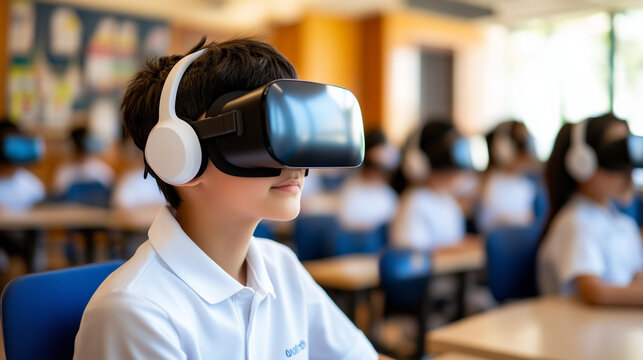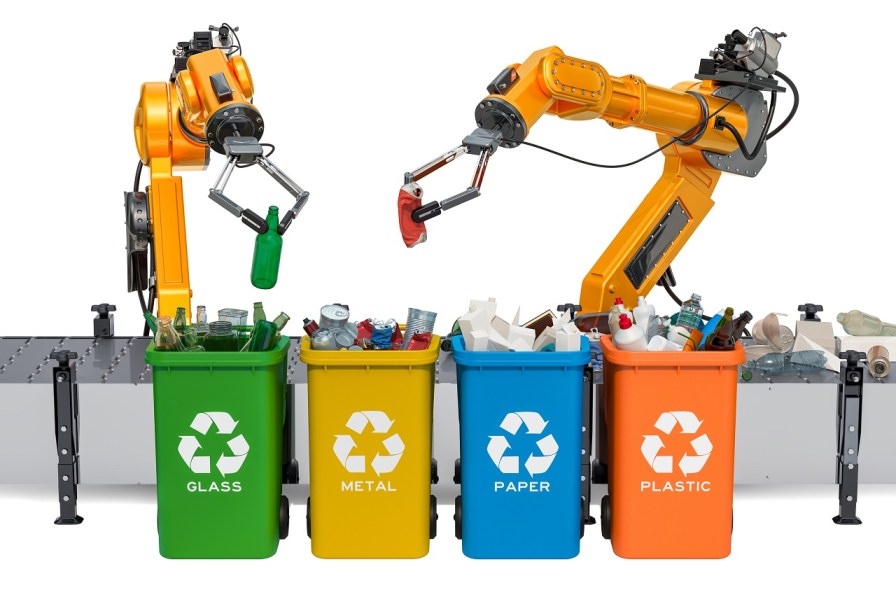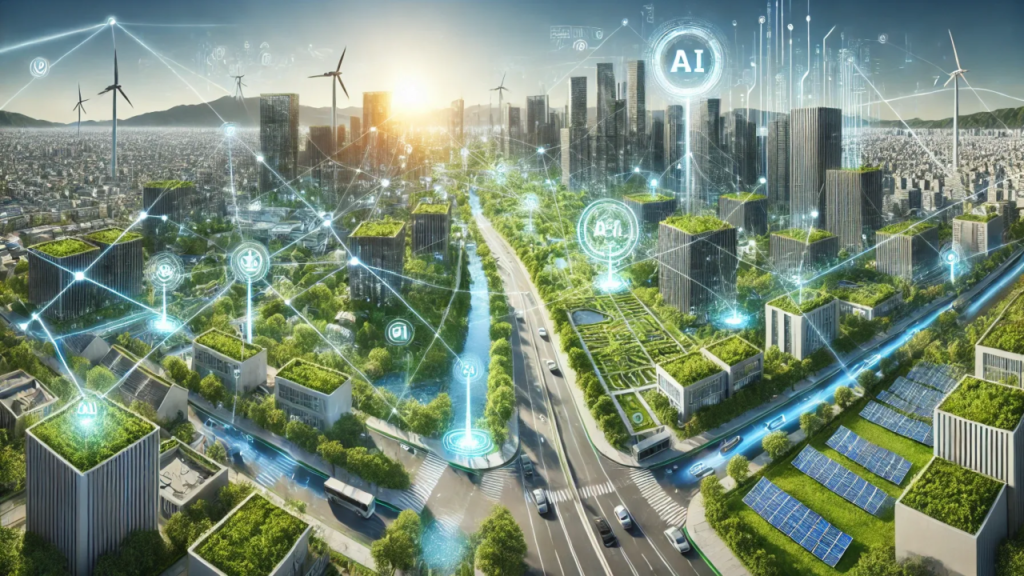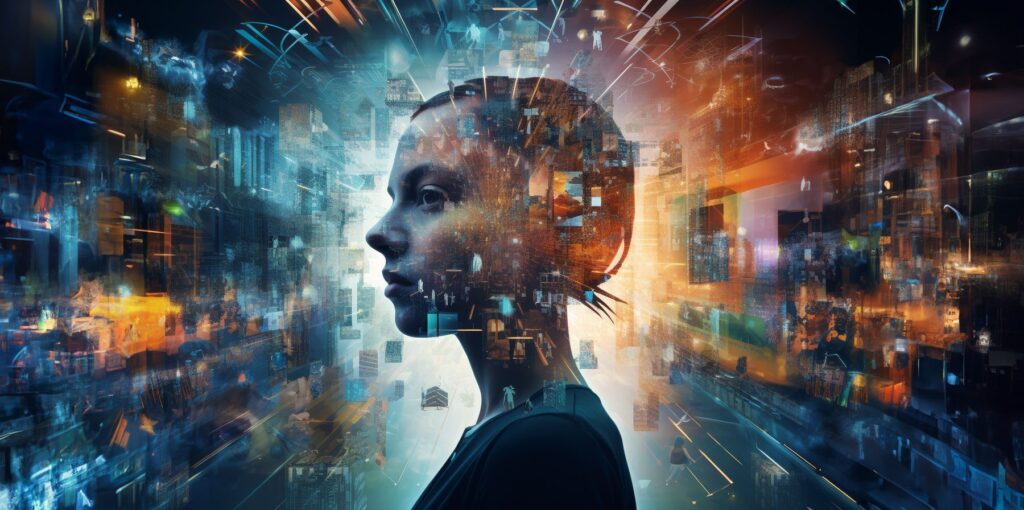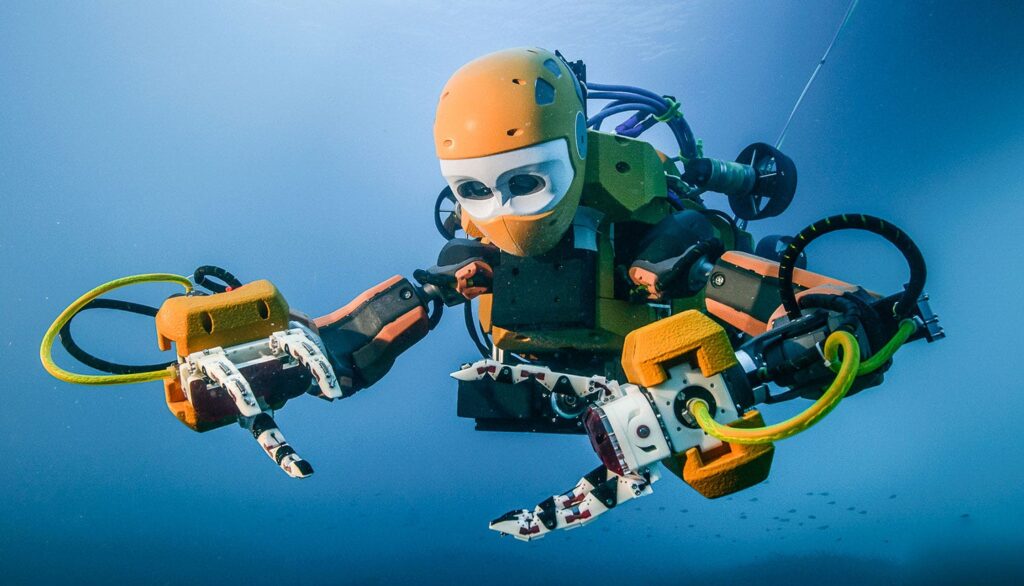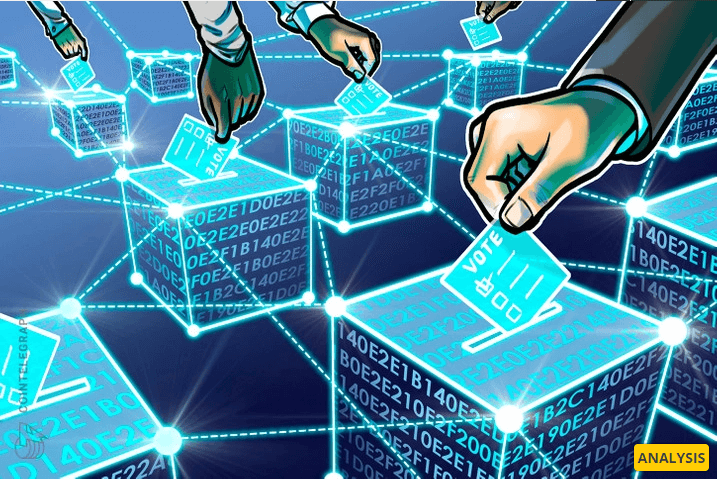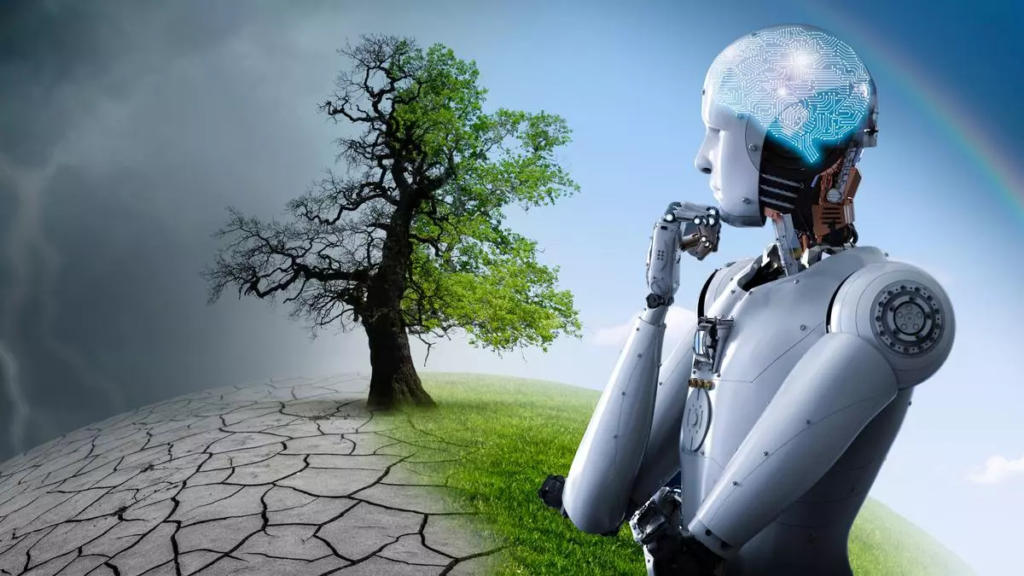AI-Powered Virtual Reality: Transforming the Future of Education
Traditional classroom learning is evolving rapidly, with Artificial Intelligence (AI) and Virtual Reality (VR) revolutionizing how students interact with educational content. AI-driven VR enhances engagement, personalizes learning experiences, and bridges the gap between theory and practice by immersing students in interactive environments. This technology is reshaping education across various disciplines, from medical training to STEM […]
AI-Powered Virtual Reality: Transforming the Future of Education Read More »

